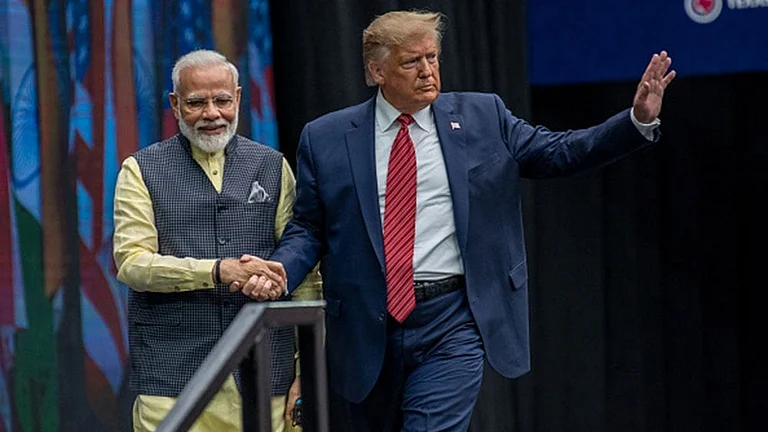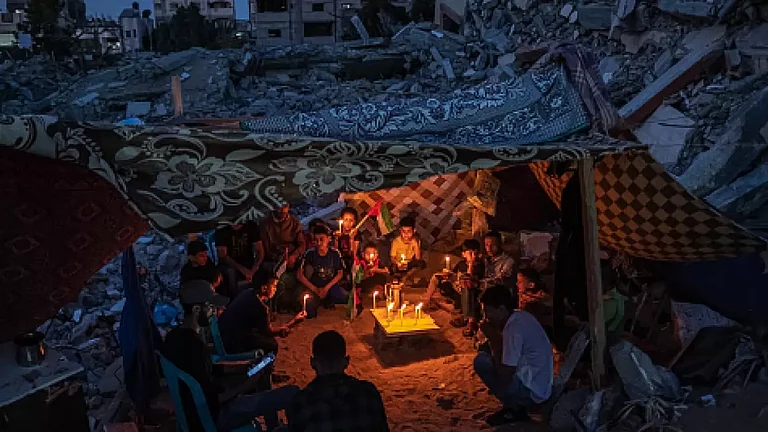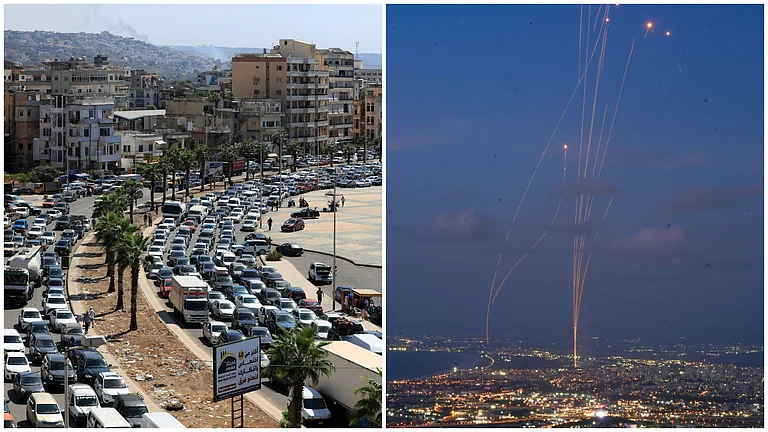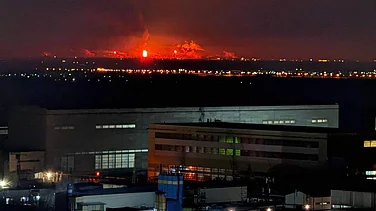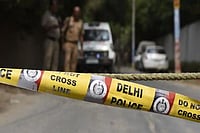“The criminal enemy — which after ninety days of crime, killing and destruction was unable to subjugate Gaza — is resorting to a policy of assassination,” Hezbollah said after a drone attack from Israel in Beirut, leading to the assassination of Hamas Leader Saleh al-Arouri, on January 2.
“We consider the crime of killing Saleh al-Arouri and his companions in the heart of Beirut’s Dahiyeh a dangerous aggression against Lebanon and its people, security, sovereignty and resistance,” Hezbollah said in a statement.
What Is Hezbollah?
Hezbollah, meaning "Party of God," is an Iran-backed Shia armed and political group formed in 1982 to resist Israel's occupation of southern Lebanon.
It emerged from armed groups established by Iran's Islamic Revolutionary Guard Corps after Israel's invasion of Lebanon in 1982. It can be said to be the only Arab force ever to defeat Israel in battle. In 2000, Hezbollah resistance forced Israel to end its occupation of South Lebanon.
Led by Hassan Nasrallah since 1992, the group is a major political force in Lebanon's sectarian system, often referred to as "a state within a state" due to its extensive political and military network.
According to the U.S. State Department, Iran provides most of Hezbollah’s training, weapons and funding—to the tune of hundreds of millions of dollars a year.
What Is Hezbollah’s Role In Israel-Gaza War?
Hezbollah has not yet actively participated in the current Israel-Gaza war. While the group supports Palestinian militants politically and condemns Israel's airstrikes on Gaza, it has maintained its rules of engagement.
In his first speech since Israel declared war on Hamas, Hezbollah leader Hassan Nasrallah on November 3 made threats but did not commit to a broader war against Israel.
Hezbollah has maintained that it will only fire at Israel if Lebanese territory or its fighters are attacked. Despite deep ties with Hamas, which controls Gaza, Hezbollah has not intervened on behalf of Palestinian militants in the ongoing war.
More than 22,000 people have been killed and at least 57,296 wounded in Israeli attacks on Gaza since October 7. The death toll from Hamas’ October 7 attack in Israel stands at 1,139.
There is still a possibility that Lebanon could get involved in an all-out war between Israel and Hezbollah, backed by Palestinian factions. Hezbollah entering the war would open up a broader regional war, straining Israel on both borders and causing more destruction. So, the region remains on a knife’s edge.
Are Hamas And Hezbollah On Same Page?
Hezbollah and Hamas are distinct entities but share the common objective of armed resistance against Israel.
Hezbollah, a Lebanese organisation, focuses on armed resistance and gained experience in urban warfare from fighting in Syria. Hamas, a Palestinian group formed in Gaza in 1987, politically controls the Gaza Strip after winning elections in 2006.
The relationship between Hezbollah and the Palestinian faction Hamas has not always been good. Hamas and Hezbollah have had a break-up after the Syrian civil war erupted in 2011, driven partly by sectarian differences and partly by conflicting regional alliances. The two groups fell out when Hamas refused to back the government of President Bashar al-Assad.
In the article "The Marriage and Divorce of Hamas and Hezbollah," published by the Wilson Centre, the author argues that Iran has always been the element that tied (Sunni) Hamas and (Shiite) Hezbollah together. The Islamic Republic’s priority was to foster organisations that would be part of “resistance” against Israel and the West.








